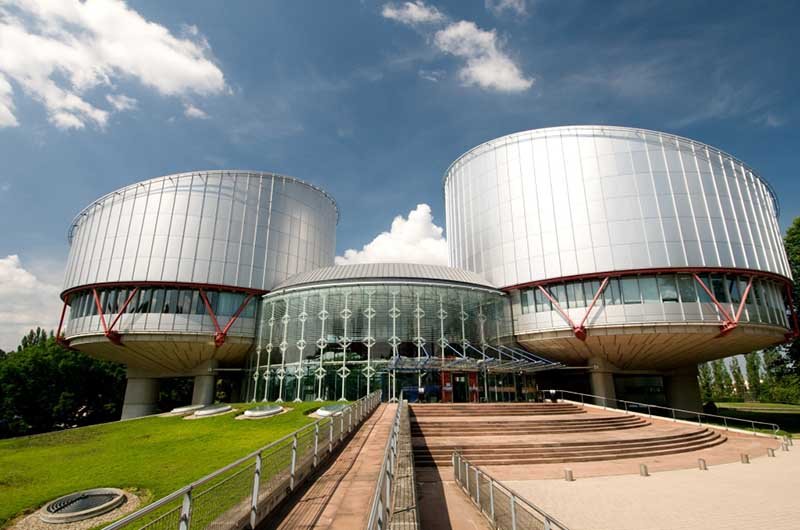The prospect of setting up a coordinating body to monitor the implementation of European Court of Human Rights (ECHR) rulings for cases concerning the Republic of Cyprus was discussed on Monday at the House human rights committee.
Unfortunately, there have been quite a few convictions for Cyprus, chairwoman of the committee, Akel MP Irene Charalambides said.
She gave rulings on parental estrangement and the handling of a rape case as examples.
Akel MP Giorgos Koukoumas said there have been rulings that raise questions regarding investigations by the authorities and the Law Office, as well as gender aspects.
ECHR rulings aim at rectifying the situation, not just handing compensation, Disy MP Rita Superman said, adding that Cyprus has been convicted for various issues, mostly lack of legal remedies and detention conditions.
Independent MP Alexandra Attalides said that for every ruling, state services should investigate what went wrong and report to the House on actions taken to prevent it from happening again.
In the discussion that ensued, the Law Office representative said it was the attorney-general who handled ECHR rulings and proposed legislation where necessary.
She added that the Law Office had managed to successfully wrap up 13 cases in the past two years.
The representative also said there had been no incident of non-compliance with the rulings by services.
The Cyprus Bar Association representative said there was no coordinating body in Cyprus and that it was necessary to set up a mechanism to monitor compliance.
Chairman of the permanent representation to the ECHR council of European bar associations Achilleas Demetriades suggested a round table discussion with all involved parties and a special annual meeting to review work done.
Charalambides said the committee would contact the attorney-general to gauge his feelings on the subject.
“Our suggestion, which the bar association and others present supported, is to create a body that will be able to make interventions on a political level, beyond parliamentary control,” Charalambides said.
She clarified that there was no intention of violating the attorney-general’s constitutional responsibilities, but rather cooperation for better effectiveness to protect Cyprus.
Charalambides said there were systemic problems in Cyprus, such as the overpopulation in prisons and migrants in the buffer zone.
“The buffer zone is in the jurisdiction of the Republic of Cyprus so serious political issues are raised, beyond human rights,” she added.






Click here to change your cookie preferences